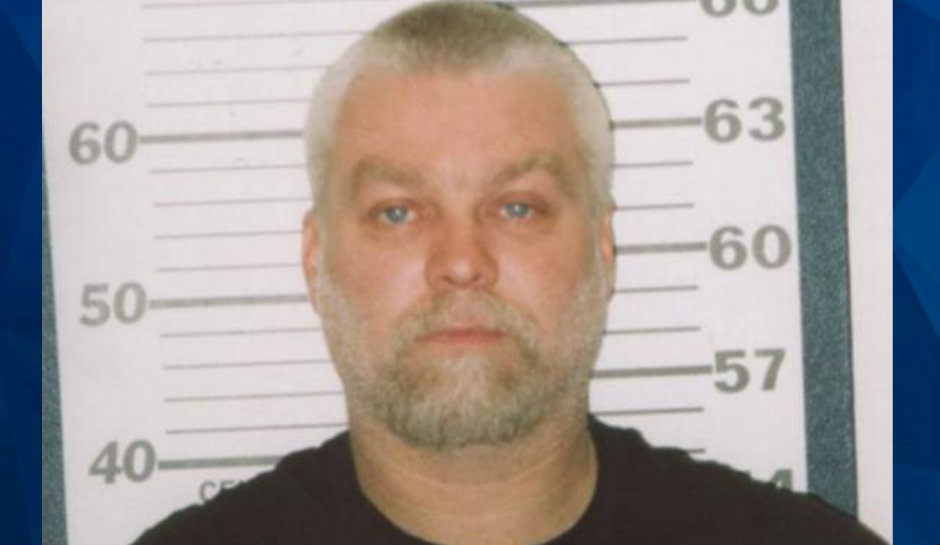A Wisconsin judge wrote a six-page memorandum decision on whether Steven Avery, the centerpiece of the popular Netflix docuseries, Making a Murderer, should be granted a new trial in connection with the 2005 murder of freelance photographer, Teresa Halbach. The judge announced on Tuesday that Avery failed to meet the legal standard for another trial.
According to court documents, Sheboygan County Judge Angela Sutkiewicz denied Avery’s chance at a new trial, stemming from a 1,000-page motion submitted to the court in June, by Avery’s lawyer, Kathleen Zellner. Sutkiewicz focused primarily on three specific arguments in the motion, mostly pertaining to DNA evidence found on a victim Teresa Halbach’s car key, hood latch, and a bullet.
The judge pointed out that all three items were admitted during Avery’s trial in 2007, and his defense team at the time “thoroughly contested” each item. She also pointed out that Zellner failed to establish a different interpretation of the evidence.
“All three items of evidence were admitted at trial. Each was thoroughly contested by defense counsel. The reports submitted by the defendant were equivocal in their conclusions and do not establish an alternate interpretation of the evidence….. it cannot be said that a reasonable probability exists that a different result would be reached at a new trial based on these reports.”
For months, Zellner vowed that her motion would provide enough evidence, performed by new scientific testing methods, to prove Avery’s reported innocence.
“Mr. Avery is requesting the comprehensive, thorough and most advanced forensic testing currently known for one simple reason: he is completely and totally innocent of the murder of Teresa Halbach,” Zellner said.
Decision Denying Motion: Steven Avery by Leigh Egan on Scribd
Despite the denial, Zellner vowed to keep fighting for Avery. The next step after Avery’s appeals are exhausted is to take the case to the Wisconsin Court of Appeals, according to Michael O’Hear, a law school professor at Marquette University.
“I don’t know if his petition raised any constitutional issues, but, if so, then he could file a federal habeas corpus petition later on after his state appeals are over.”
[Feature Photo: Handout]



